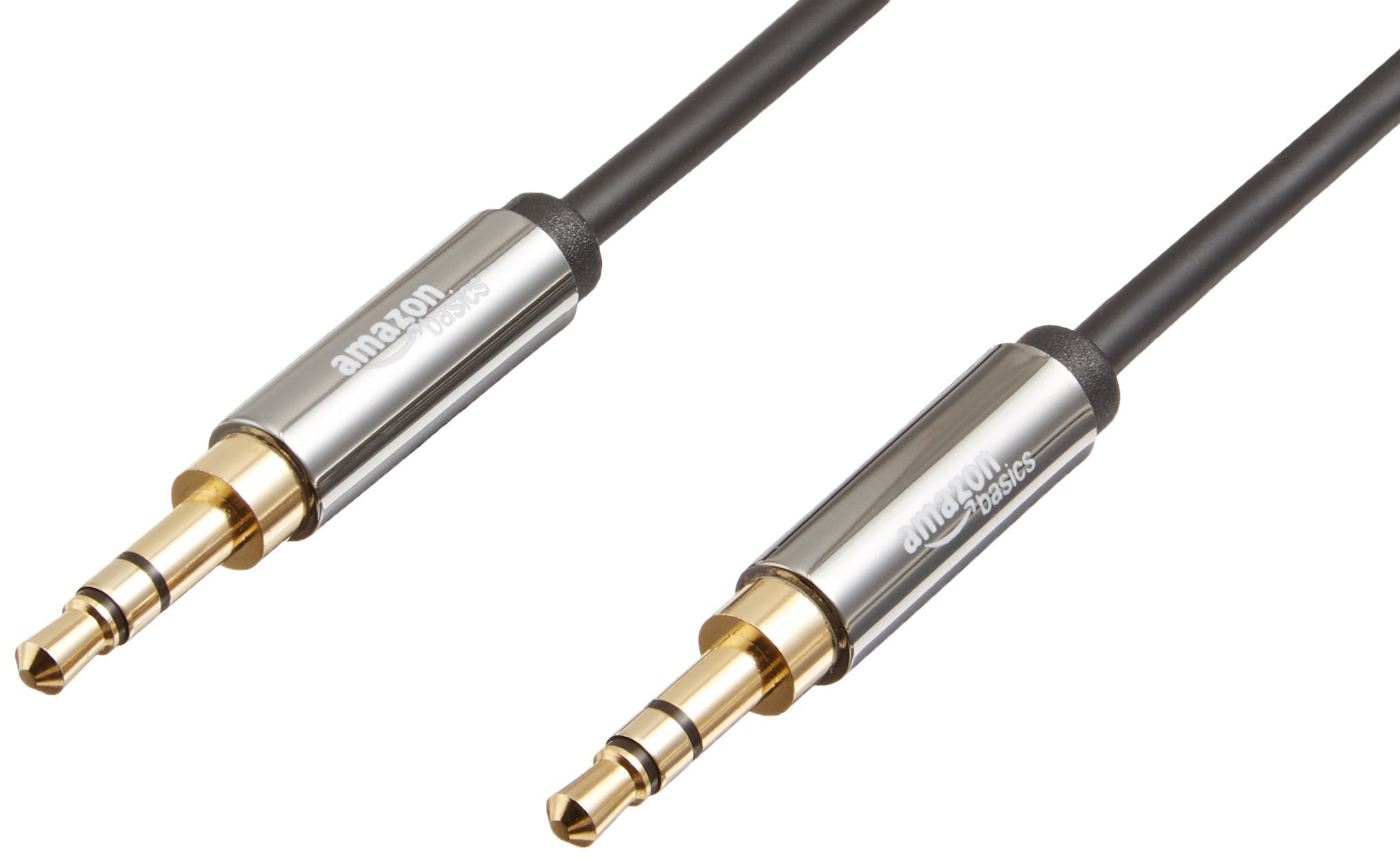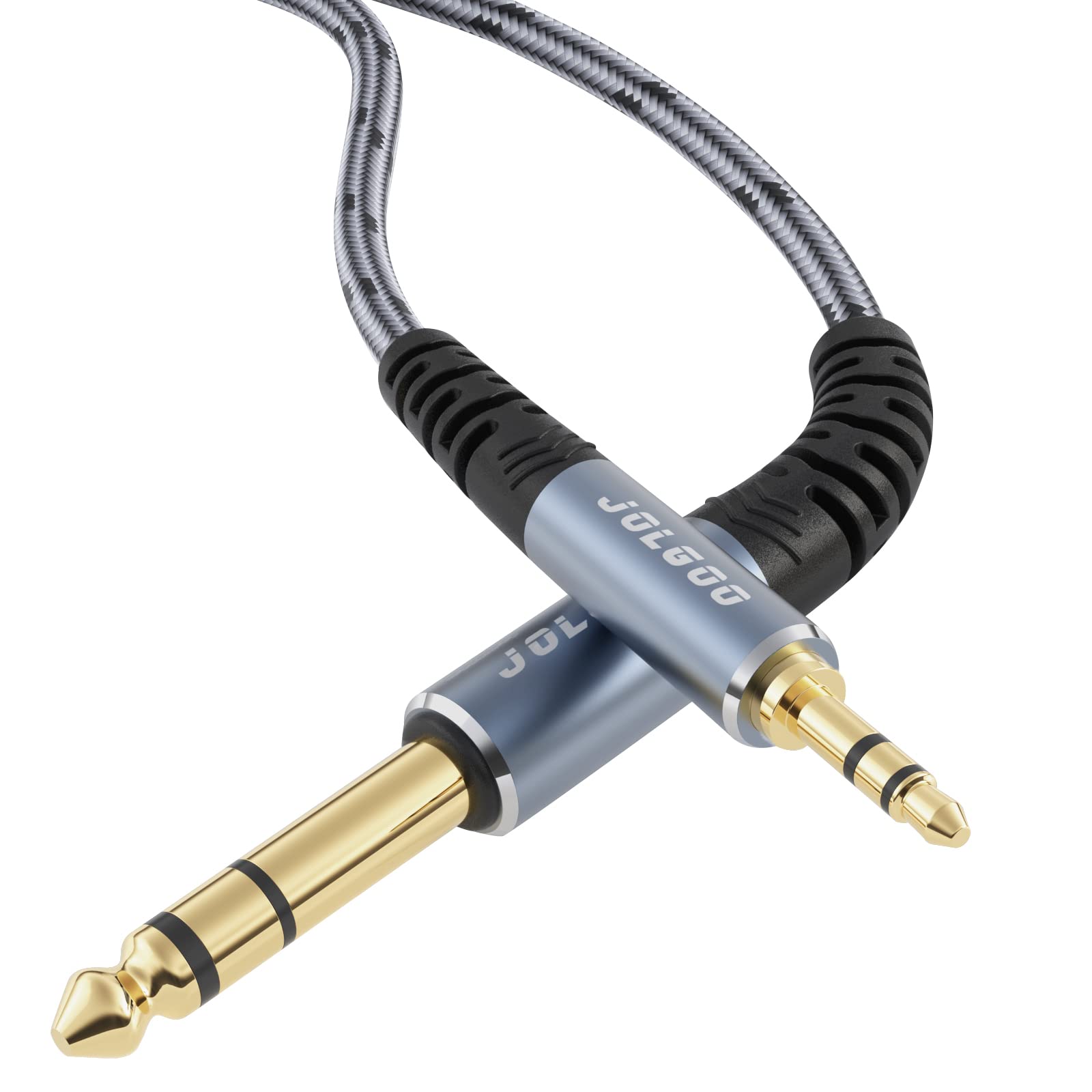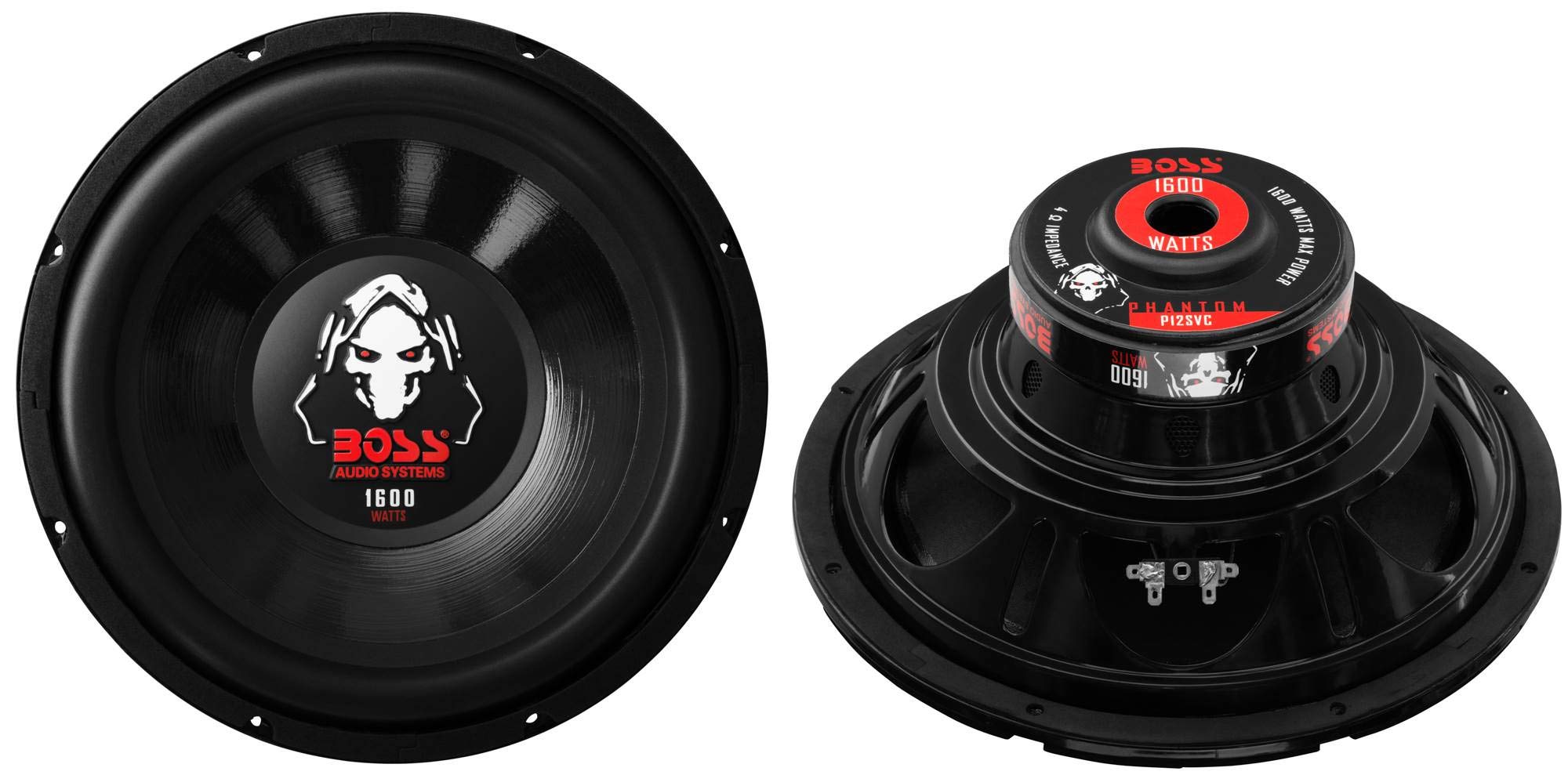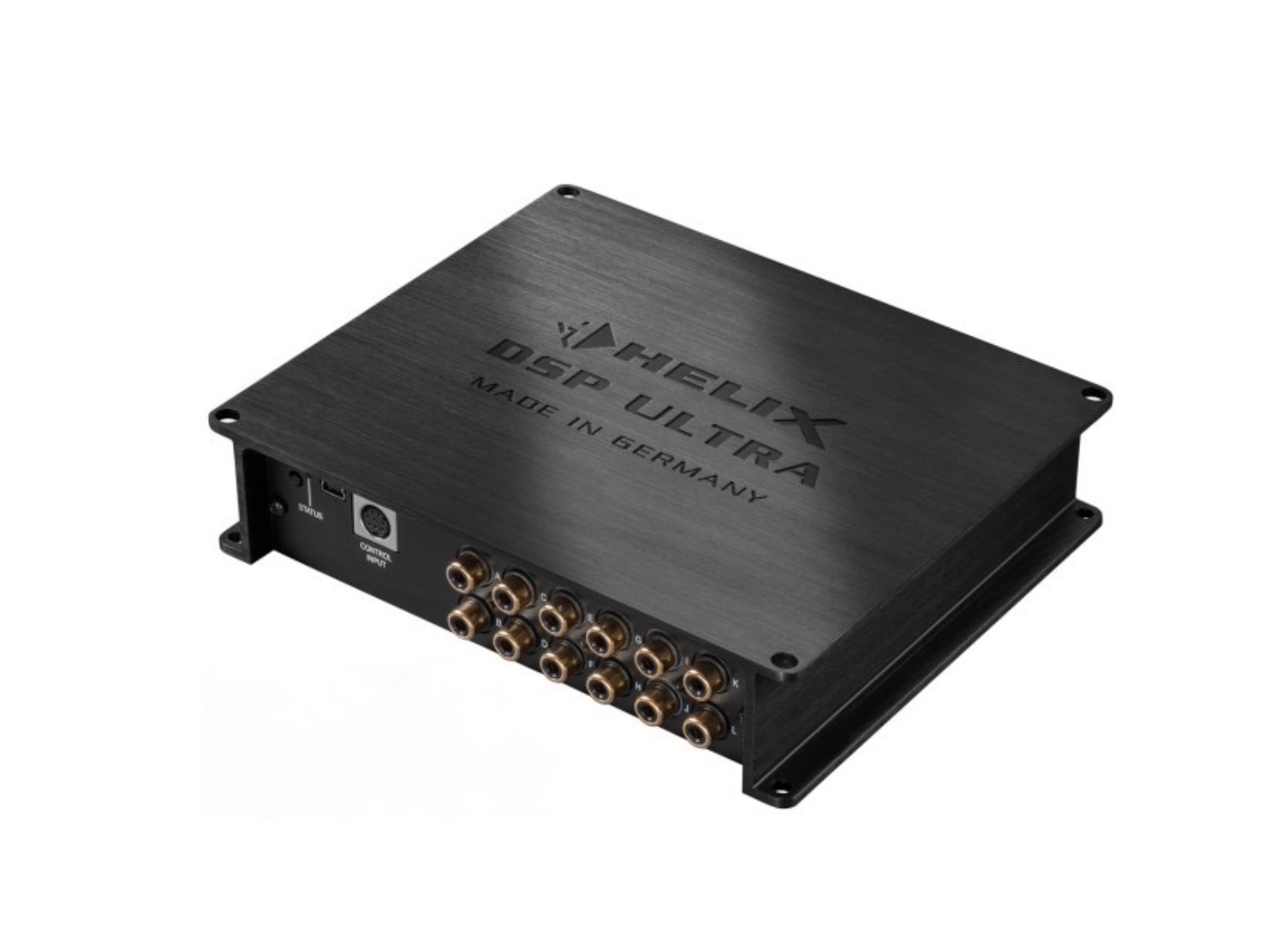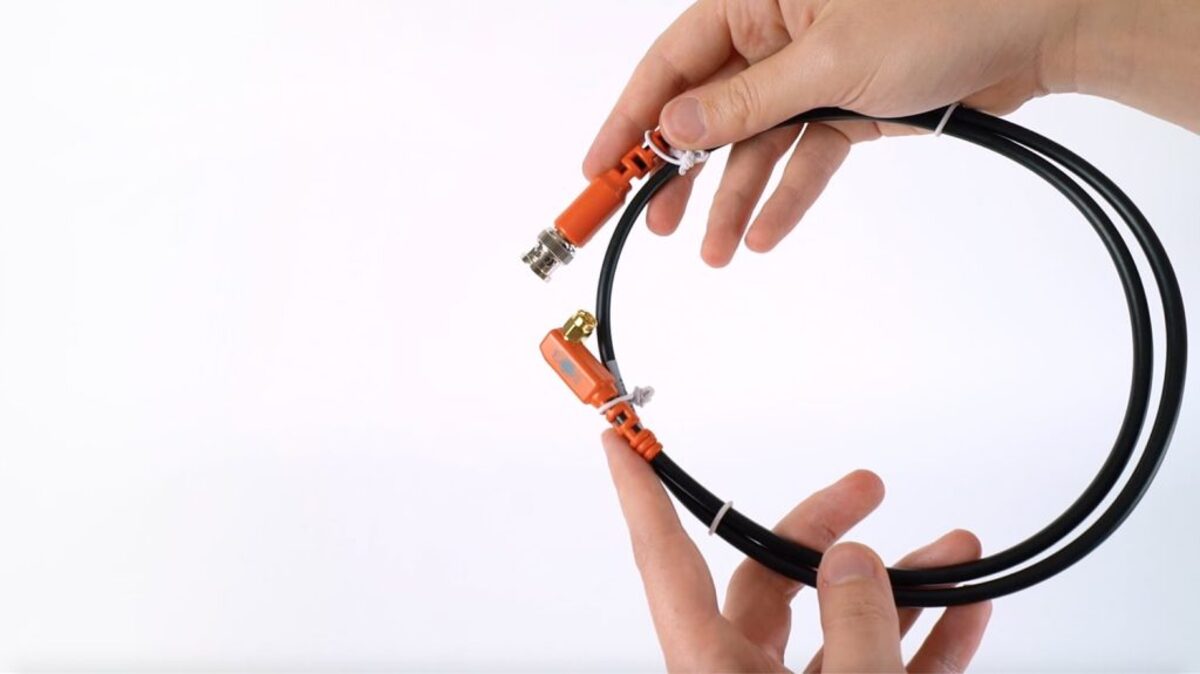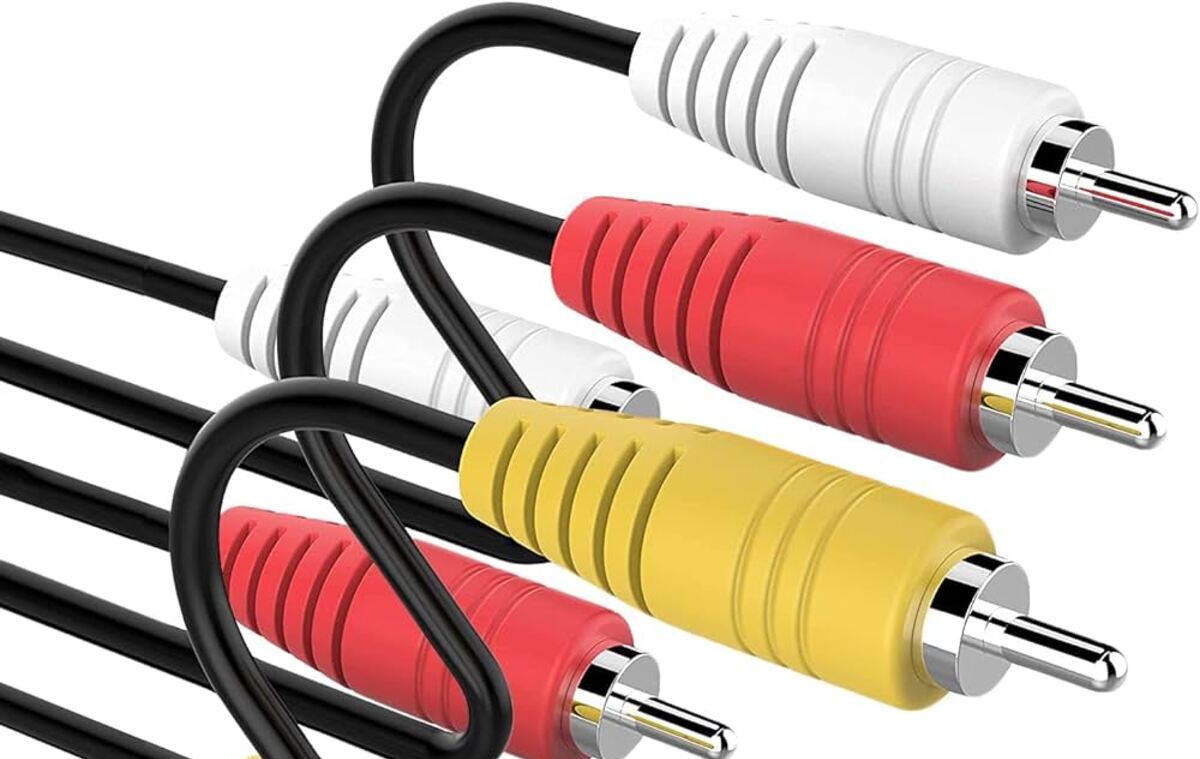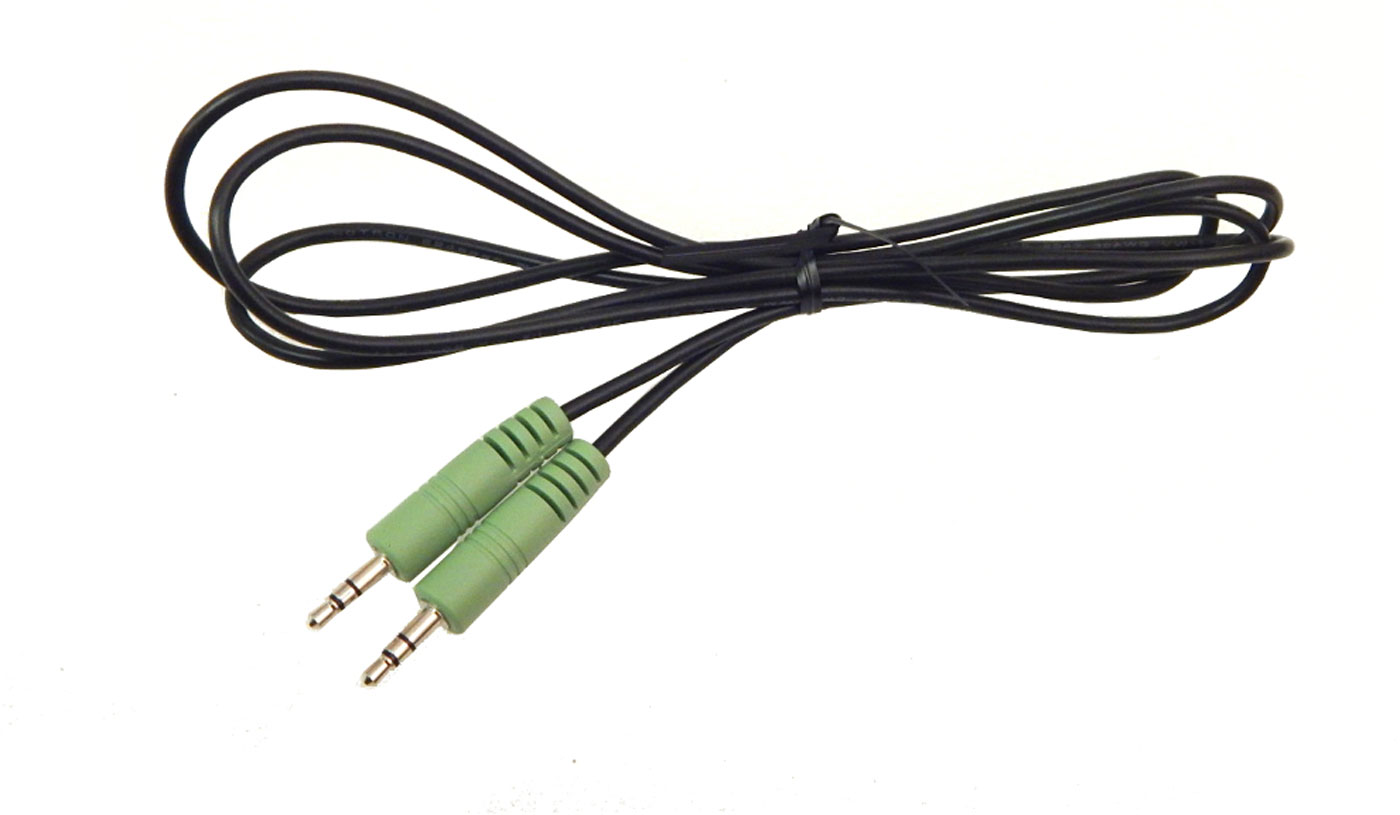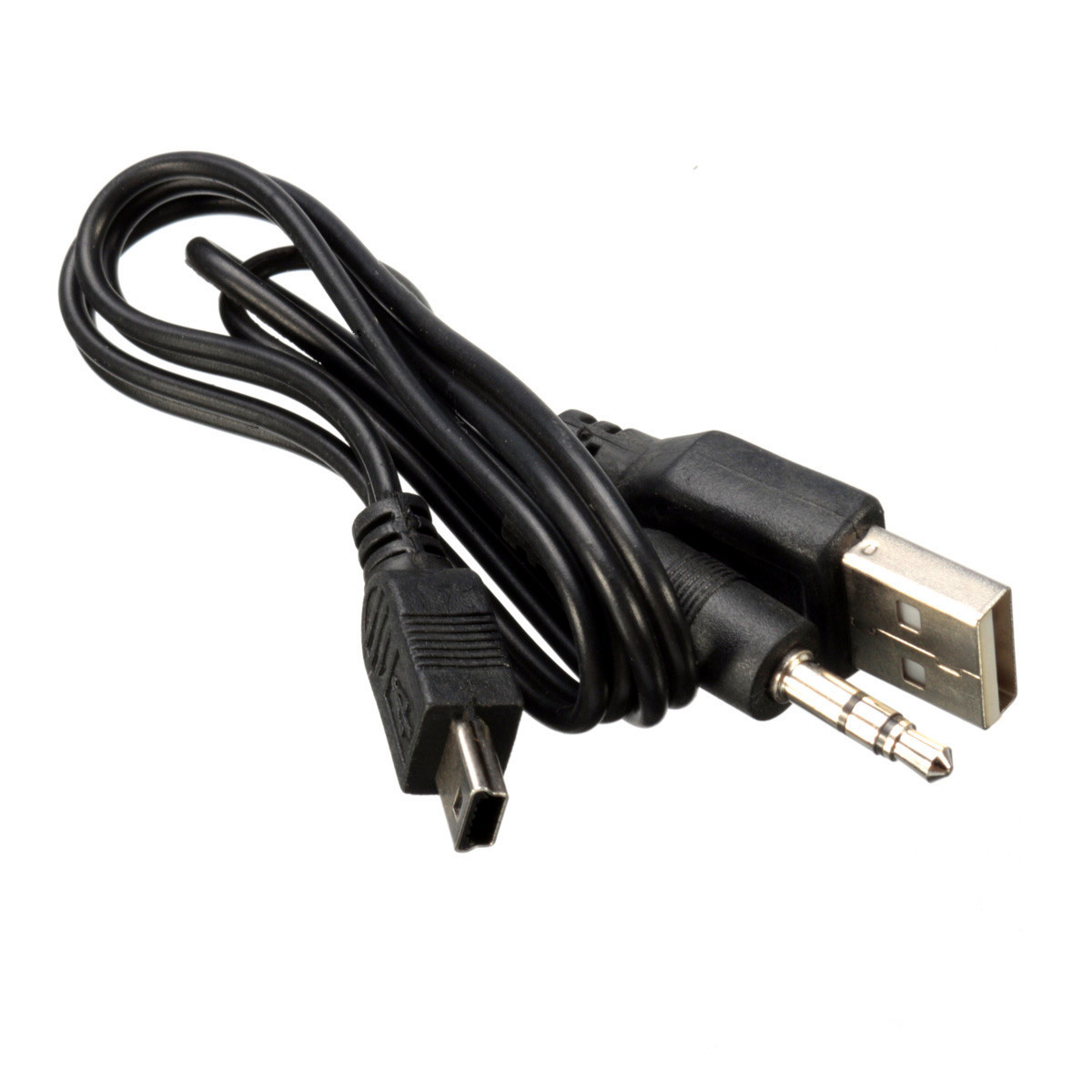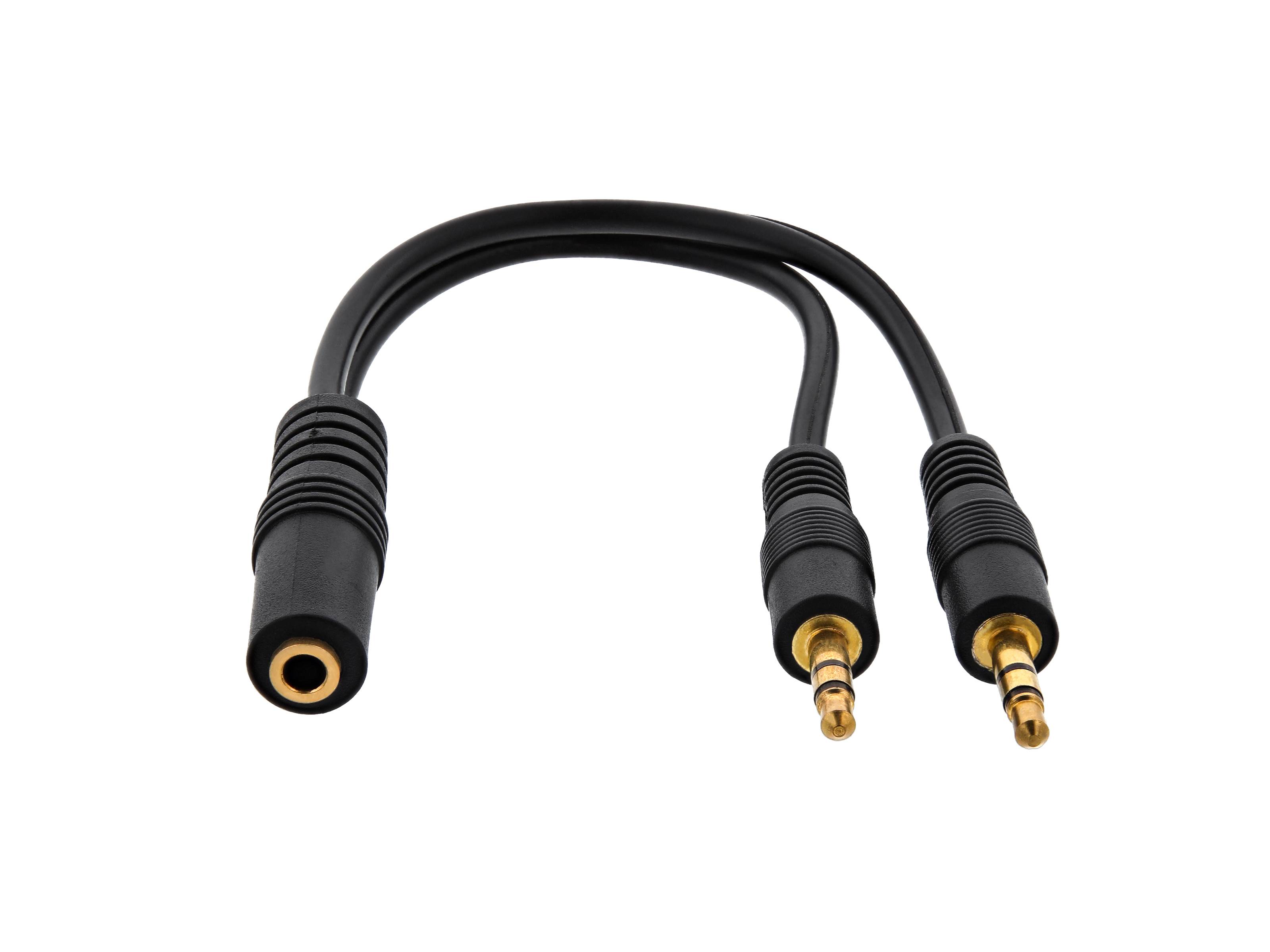Home>Devices & Equipment>Car Audio>What Are Rca Cables For Car Audio
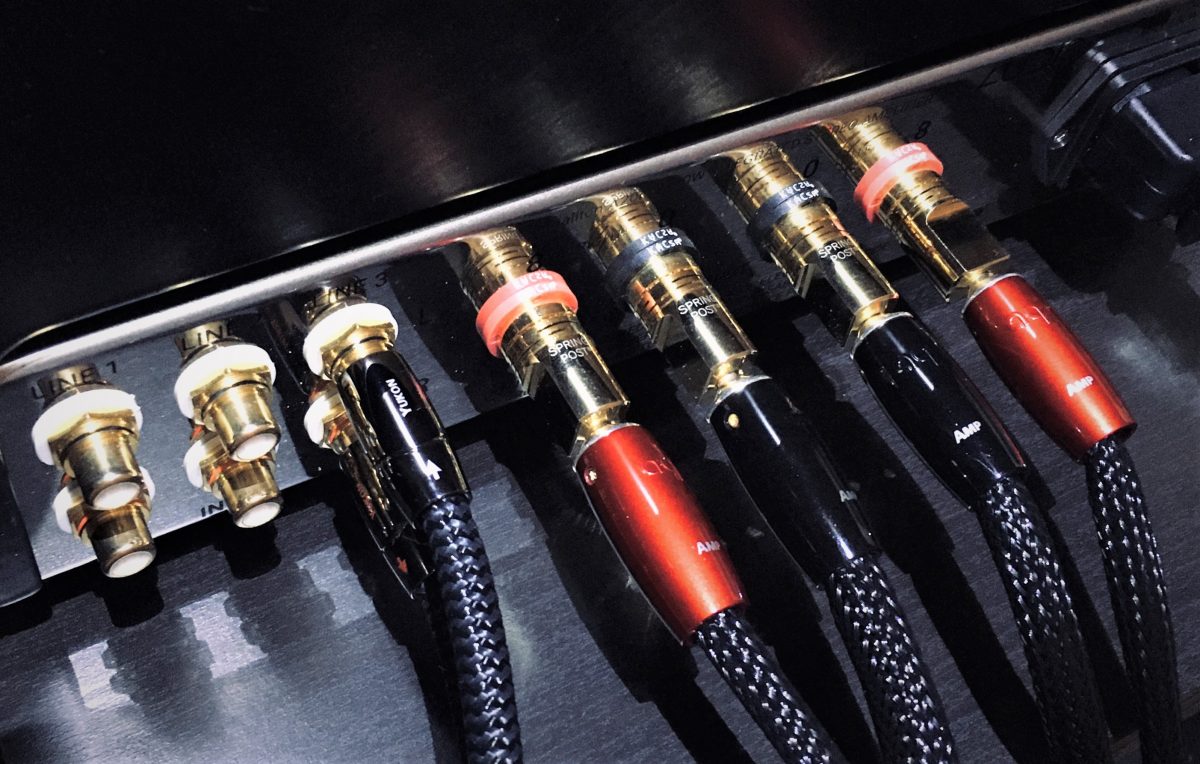

Car Audio
What Are Rca Cables For Car Audio
Published: February 5, 2024
Looking to improve your car audio? Learn what RCA cables are and how they enhance your car audio system with this comprehensive guide.
(Many of the links in this article redirect to a specific reviewed product. Your purchase of these products through affiliate links helps to generate commission for AudioLover.com, at no extra cost. Learn more)
Table of Contents
Introduction
When it comes to car audio, having the right equipment is essential for an immersive and high-quality audio experience on the road. One piece of equipment that plays a crucial role in car audio systems is RCA cables. These cables are widely used in car audio installations to transmit audio signals between various components, ensuring clear and distortion-free sound reproduction.
RCA, which stands for Radio Corporation of America, is a standard audio connector that has been widely adopted in the audio industry. Initially designed for home audio and video systems, RCA cables have found their way into automotive applications, including car audio systems. These cables provide a reliable and efficient way to transfer audio signals from the source to the amplifier, speakers, subwoofers, or other audio components in a car audio setup.
In a car audio system, the RCA cables act as the communication lines between different audio components, allowing them to work together harmoniously. Whether you’re upgrading your factory stereo or building a custom car audio setup, understanding the importance of RCA cables and how to choose the right ones is crucial to achieving the best audio performance in your vehicle.
In this article, we will explore the significance of RCA cables in car audio, discuss the different types of RCA cables available, provide tips on choosing the right cables for your system, and offer guidance on the installation process. Additionally, we will address common issues you may encounter with RCA cables and how to troubleshoot them for optimal performance.
What are RCA Cables?
RCA cables are a type of analog audio connector that consists of two or more cables with RCA connectors at the end. The RCA connectors are characterized by their distinctive red and white color coding (sometimes referred to as red and black) and are typically used to transmit stereo audio signals. These cables are widely used in both consumer and professional audio applications, including car audio systems.
The RCA cables are designed to carry low-level audio signals from audio sources, such as head units, CD players, or digital media players, to amplifiers or other audio components. The cables themselves are made up of a central conductor surrounded by a shielding layer, which helps to minimize interference and maintain signal integrity.
One of the key advantages of RCA cables is their simplicity and ease of use. They provide a convenient plug-and-play solution for connecting audio devices, making it relatively straightforward to upgrade or expand your car audio system. The standardized size and shape of the RCA connectors ensure compatibility across different audio components and brands.
It’s essential to note that while RCA cables are primarily used for transmitting audio signals, they can also be employed for video transmission. In such cases, the cables may have additional colored connectors, such as yellow or black, to differentiate the video channel.
RCA cables are available in various lengths to accommodate different car audio setups and installation requirements. It is crucial to select the appropriate cable length to ensure proper signal transmission and avoid any unnecessary cable clutter or strain on the connections.
Overall, RCA cables are an integral part of car audio systems, providing a reliable and efficient method for connecting audio components and ensuring high-quality audio reproduction in your vehicle.
Importance of RCA Cables in Car Audio
RCA cables play a vital role in achieving optimal audio performance in car audio systems. Here are several key reasons why RCA cables are crucial in car audio:
- Signal Transmission: RCA cables are specifically designed to transmit audio signals from the source to the amplifier or other audio components. They ensure a clean and uninterrupted signal flow, minimizing signal loss and potential audio distortion.
- Noise Reduction: The shielding layer in RCA cables helps to reduce electromagnetic interference and noise that can affect audio quality. This ensures that the audio signals remain free from unwanted disturbances, resulting in clearer and more accurate sound reproduction.
- Compatibility: RCA cables have become a widely adopted standard in the audio industry, making them compatible with a vast range of car audio components. Whether you are connecting a head unit, amplifier, or subwoofer, the RCA connectors provide a universal interface that simplifies the installation process.
- Flexibility and Expandability: Using RCA cables allows for flexibility in configuring and expanding your car audio system. You can easily add or upgrade components without requiring complex wiring modifications. This flexibility enables you to customize your audio setup to suit your preferences and evolve with your changing needs.
- Audio Quality: RCA cables are designed to transmit audio signals with minimal degradation, ensuring that the original sound quality is preserved. They enable the delivery of full-range audio frequencies, allowing you to experience the nuances of music, from deep bass to crisp highs, with clarity and accuracy.
- Easy Installation: RCA cables are user-friendly and straightforward to install. They feature plug-and-play functionality, allowing for hassle-free connections between audio components. This makes it easier for car enthusiasts of all skill levels to upgrade or install a new car audio system.
Overall, RCA cables are fundamental in car audio systems as they facilitate the seamless transmission of audio signals, reduce noise interference, ensure compatibility, offer flexibility, and ultimately enhance the overall audio experience in your vehicle.
Types of RCA Cables for Car Audio
There are various types of RCA cables available for car audio applications, each serving specific purposes and catering to different audio needs. Here are some common types of RCA cables you may come across:
- Standard RCA Cables: These are the most common type of RCA cables and typically come in pairs with red and white connectors. They are used for transmitting stereo audio signals. Standard RCA cables are suitable for most car audio setups, where left and right audio channels need to be connected.
- Subwoofer RCA Cables: As the name suggests, these RCA cables are specifically designed for subwoofers. They are capable of handling low-frequency signals and are often thicker in gauge than standard RCA cables. Subwoofer RCA cables ensure a clean and powerful bass signal transmission, enhancing the impact and depth of your car audio system.
- Digital RCA Cables: Digital RCA cables are used for transmitting digital audio signals, such as those from a digital media player or a digital signal processor (DSP). These cables are often equipped with additional shielding to prevent any interference that could affect the digital audio signal quality.
- Component Video RCA Cables: While primarily used for video transmission, component video RCA cables also have separate audio channels embedded within them. These cables are commonly used in car audio setups where both video and audio signals need to be transmitted, such as for installing flip-down displays or multimedia systems.
- High-End Audiophile RCA Cables: These premium-grade RCA cables are crafted with high-quality materials and advanced construction techniques, aimed at audiophiles seeking the best sound quality possible. They often boast superior shielding, gold-plated connectors, and low-resistance conductors to minimize signal loss and distortion. High-end audiophile RCA cables provide exceptional audio fidelity for those who demand the utmost performance from their car audio systems.
When selecting RCA cables for your car audio system, consider the specific requirements of your setup, such as the number of audio channels, the audio frequency range, and whether you need digital or analog transmission. It’s also important to choose cables from reputable manufacturers known for their quality and reliability.
By choosing the right type of RCA cables for your car audio system, you can ensure optimal signal transmission, audio quality, and compatibility, ultimately enhancing your audio experience on the road.
How to Choose the Right RCA Cables for Car Audio
Choosing the right RCA cables for your car audio system is crucial to achieving optimal sound quality and performance. Here are some factors to consider when selecting RCA cables:
- Cable Quality: Look for RCA cables that are made with high-quality materials and have good shielding. Higher-quality cables will provide better signal transmission, minimize interference, and ensure the longevity of your audio system.
- Cable Length: Measure the distance between the audio source (such as the head unit) and the audio component (such as the amplifier or subwoofer) to determine the appropriate cable length. Avoid using overly long cables, as this can result in signal degradation and unnecessary cable clutter.
- Connector Quality: Pay attention to the quality of the connectors on the RCA cables. Look for gold-plated connectors, as they offer better conductivity and corrosion resistance, leading to improved signal transfer and long-term reliability.
- Signal Compatibility: Ensure that the RCA cables you choose are compatible with the audio equipment you are connecting. Consider the number of audio channels required (mono or stereo) and whether you need digital or analog transmission.
- Budget: Set a budget for your RCA cables, considering that higher-priced options often offer better build quality and improved signal performance. However, bear in mind that you don’t necessarily need to break the bank to find cables that meet your audio needs.
- Brand Reputation: Research reputable brands known for their quality audio products. Look for reviews and recommendations to ensure you select cables from a reliable manufacturer with a track record of producing high-performance RCA cables.
- Consider Your System’s Needs: Evaluate the specific requirements of your car audio system. If you have a subwoofer, consider using specialized subwoofer RCA cables for optimal bass transmission. If you have a digital audio source, choose digital RCA cables to maintain the integrity of your digital audio signals.
By taking these factors into account, you can choose the right RCA cables that will deliver clean, distortion-free audio and provide a seamless connection between your car audio components.
Installation of RCA Cables in Car Audio Systems
The installation of RCA cables in a car audio system is relatively straightforward, even for those with limited technical experience. Here is a step-by-step guide to help you install RCA cables:
- Start by identifying the audio source, such as the head unit or digital media player, and the audio component, such as the amplifier or subwoofer, that you want to connect. Determine the appropriate RCA cable length needed to establish the connection.
- Locate the RCA outputs on the audio source, typically found on the back of the head unit. The output jacks are typically color-coded red and white or labeled as “R” for the right channel and “L” for the left channel.
- Connect one end of the RCA cable to the corresponding output jacks on the audio source. Ensure a secure connection by firmly inserting the connectors into the jacks. For a tighter connection, you can also twist the connectors slightly as you push them in.
- Route the RCA cable neatly through the car’s interior, avoiding any sharp edges or areas that generate excessive heat. It is advisable to run the cables away from power cables to minimize the risk of interference.
- Locate the RCA inputs on the audio component you wish to connect, such as the amplifier or subwoofer. These inputs are typically labeled as “R” and “L” or color-coded to match the RCA cable connectors.
- Connect the other end of the RCA cables to the corresponding input jacks on the audio component, ensuring a secure connection. Again, twist the connectors slightly as you insert them for a tighter fit.
- Once all the connections are made, double-check that each RCA cable is firmly connected at both ends.
- Power on your car audio system and test the audio to ensure proper signal transmission and sound output.
Remember to exercise caution when routing the RCA cables and handling the audio components. Avoid bending the cables excessively or placing excessive strain on the connectors, as this can cause signal degradation or connection issues.
If you are unsure about the installation process, it is recommended to consult a professional or refer to the instruction manual provided by the manufacturer of your car audio system or RCA cables.
By following these installation steps, you can connect your audio source to your audio components and enjoy high-quality sound in your car audio system with the help of RCA cables.
Troubleshooting Common Issues with RCA Cables in Car Audio
While RCA cables are essential for transmitting audio signals in car audio systems, issues can sometimes arise that affect the audio quality or functionality. Here are some common problems you may encounter with RCA cables and troubleshooting steps to resolve them:
- No Sound: If you are not getting any sound from your car audio system, check the RCA cable connections at both ends. Ensure they are securely connected to the correct input and output jacks. Also, confirm that the audio source and components are powered on and set to the proper input source.
- Audio Distortion: Distorted sound can be caused by a poor connection or interference. Check the RCA cable connections and make sure they are secure. Additionally, ensure that the cables are routed away from power cables or other sources of electrical interference.
- Ground Loop Noise: Ground loop noise can manifest as a humming or buzzing sound in the audio system. To resolve this, consider using ground loop isolators, which are small devices that help eliminate the unwanted noise caused by electrical grounding issues.
- Intermittent Sound: If the sound is cutting in and out or is intermittent, check for loose connections or damaged cables. Inspect the RCA connectors for any signs of wear or damage. You may need to replace the affected cables to ensure a stable and uninterrupted audio signal.
- Signal Loss: Signal loss can occur due to cable length or poor quality cables. If you are experiencing signal loss, consider using shorter cables or upgrading to higher-quality RCA cables with better shielding and conductivity.
- One Channel Not Working: If one audio channel is not working or producing sound, check the RCA cable connections on that particular channel. Ensure that the cable is properly inserted in the input and output jacks and that there are no loose connections. If the issue persists, try swapping the RCA cables or testing with a different audio component to isolate the problem.
If you have tried troubleshooting steps and are unable to resolve the issues with your RCA cables, it is recommended to consult with a professional car audio technician. They can provide further assistance and expertise to diagnose and repair any problems with your car audio system.
Regular maintenance and periodic inspection of your RCA cables can help prevent issues and ensure that your car audio system delivers the best possible sound quality.
Conclusion
RCA cables are an integral part of car audio systems, enabling the transmission of audio signals between various components. They play a crucial role in ensuring clear, distortion-free sound reproduction and enhancing the overall audio experience in your vehicle.
By understanding the different types of RCA cables available and choosing the right ones for your car audio setup, you can optimize signal transmission, maintain audio quality, and enjoy a seamless connection between your audio source and components.
During the installation process, it is essential to handle the RCA cables with care, ensuring proper connections and routing to minimize interference. Troubleshooting common issues, such as poor sound quality or intermittent signal, can be done by checking connections, replacing damaged cables, or using ground loop isolators if necessary.
Remember, regular maintenance and inspection of your RCA cables are important to ensure optimal performance and longevity for your car audio system. Regularly check for any signs of wear, damage, or loose connections, and make necessary adjustments or replacements as needed.
With the right RCA cables and proper installation techniques, you can elevate the audio experience in your car, immersing yourself in high-quality sound while cruising down the road.
So, whether you’re an audio enthusiast looking to upgrade your car audio system or a casual listener seeking better sound quality, investing in quality RCA cables and taking the time to install them properly will undoubtedly enhance your car audio experience for years to come.

